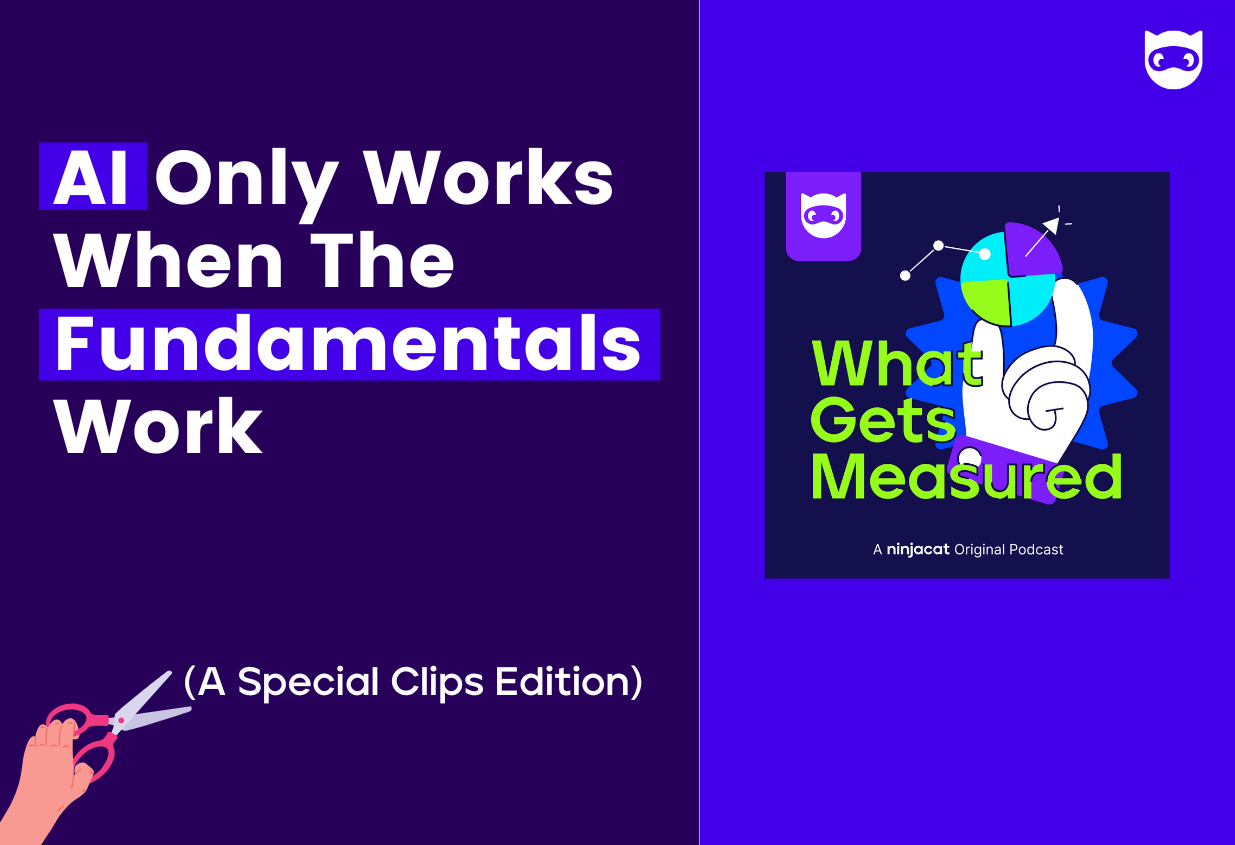The Crumbling Cookie Parties of Marketing

The Guest
Shiv Gupta is founder of U of Digital, which provides education to the advertising and digital marketing industry through e-learning, live workshops, and a variety of touchpoints. Shiv has been an advisor, account director, an adjunct professor, he’s on the faculty at IAB, he is a must-follow on social media and he’s here today to talk about the crumbling cookie party in marketing.
Understanding Cookie Deprecation: A Privacy Perspective
Marketers spend a large part of their careers navigating changes in media and technological trends, and no other company has given us more to adapt and adjust to than Google. So when Google announced that they were deprecating cookies by 2025, marketers were given new dance steps on how to adjust. Our interview with Shiv Gupta covers this shift and he provides some context for the change, advice on how to move forward, and some insight on what the future of digital marketing might entail.
Shiv explains that cookie deprecation isn't just about the technology itself, but centers around privacy concerns. He references the 2016 controversial election and the Cambridge Analytica scandal, where third-party data was harvested from Facebook to target ads without user consent. He highlights Apple's response with iOS anti-tracking features. "It’s about privacy," Shiv says, underscoring how digital advertising is evolving with the phasing out of persistent identifiers like cookies used for selling profiles and data.
Impact on Digital Marketing Strategies
Shiv discusses the role of cookies in targeting and attribution, questioning their effectiveness. "On paper, cookies should help us measure better," Shiv says, but he believes they've become a distraction and questions their measurement abilities. He compares digital advertising with traditional mediums like TV and radio, which never relied on cookies yet still succeed without suffering from misattribution.
“In the current setup,” explains Shiv, “platforms and intermediary tech vendors are all trying to grab a part of the credit for conversions, so this makes attribution difficult to zero in on. Legacy mediums like TV, radio, billboards, never had cookies, and don’t suffer the digital misattribution problem because they require a broad view to measure impact.”
Challenges and Alternatives to Third-Party Cookies
As marketing transitions away from third-party cookies, Shiv foresees challenges. He mentions that privacy movements are clamping down on invasive tactics. He suggests alternatives like cohort-level understanding of users, as pushed by Google and Apple, and a return to contextual targeting. He also mentions data clean rooms as a way for marketers to adapt, emphasizing the need to focus on larger groups rather than individual data points.
Leveraging First-Party Data
Shiv explains that the pushback from the privacy community mainly concerns tracking and attributing data across apps, a practice involving third-party data. He clarifies that regulations aren't targeting first-party data and cookies, which he sees as the future of digital marketing. "The collector of the data...that is the future," he asserts, emphasizing the importance of first-party data.
Preparing for a Cookie-less Future
Shiv advises businesses to collect more first-party data to prepare for the future without cookies. He suggests methods like registration sites, gated content, and form fills. He points out that while marketers have relied heavily on third-party cookies and data, they now need to focus on customer data platforms (CDPs), clean rooms, and CRMs. He concludes by mentioning that the type of AI to bridge this gap isn't new but has existed for nearly a decade.
The Links
U of Digital
Shiv on Twitter
Shiv on LinkedIn
LISTEN TO THE FULL SHOW -> Stay tuned, stay curious and subscribe to What Gets Measured on Apple Podcasts, Spotify, YouTube or add it as a Favorite on your podcast player of choice.





.png)